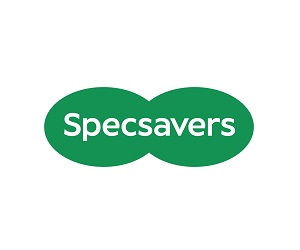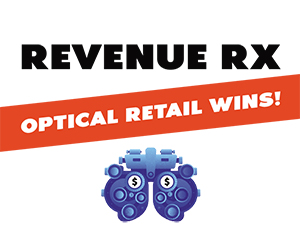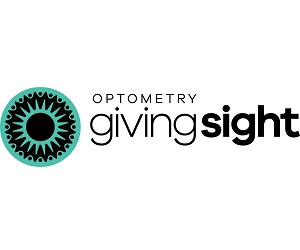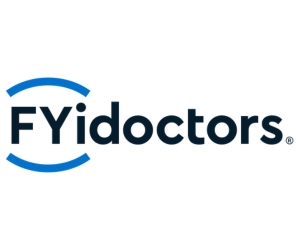
It’s ironic isn’t it. Many optometry students are absolutely sure that they won’t join a corporate retailer. Their stated preference is to enter private practice. However, most of them will be sending in their CVs to these retailers at graduation time.
If you are about to graduate, the above scenario probably rings true. What you need to know is that corporate optometry can certainly be a lucrative field – but it also has its fair share of shortcomings.
There are major disadvantages of corporate optometry practices that you ought to know beforehand.
Here are 8 important aspects of corporate optometry that need to change for the better.
- Improve Working Hours
Many people envy corporate optometrists because these jobs usually begin from 10 am onwards. But that’s only half the story. Late starts simply mean that shifts runs later into the evening.
Many Corporate ODs are required to work till 8 pm (or later) every night and often on weekends as well. This is disruptive to work-life balance and is a major reason why most employees in this field start feeling alienated from family and friends.
- Let ODs Control the Schedule
One of the most significant problems in corporate optometry jobs is that managers who are not professionally liable such as a general manager (GM) or a records manager (RM), control the scheduling of patients and dictate daily work practices. While not always the case, it is very common.
People in positions of authority and power may know how to run a business but they do not know the intricacies of eye care or the time and individual attention that each patient requires. Scheduling should be left to ODs and/or associates who directly deal with patients.
- Improve Knowledge of Lens Optics
We might have spent years in optometry school, taken several courses and undergone a lot of training, but the fact is that technology is always evolving. Instead of being lured by fancy marketing techniques and buzzwords, doctors need to continuously update themselves with the latest technological advancements.
ODs must develop a better understanding of the working principles of the lenses. Having deeper know-how of lens optics will enable us to make the right recommendations for patients. Corporate retailers should be facilitating this knowledge transfer to corporate ODs.
- Reward Top Performers
A primary reason why many ODs will sweat it out in corporate optometry is in hope of eventually getting a sublease. They will work painfully through the hectic and demanding job requirements, serving as much as 7 days a week in order to reach their goals.
Better performers ought to be rewarded with better lease options because they have already proven themselves to be worthy of running one successfully.
- Pay Opticians Better
Another disadvantage of corporate optometry is that Licensed Dispensing Opticians are rarely rewarded with better pay. It goes without saying that licensed opticians are far more skilled at what they do and know the tricks of the trade a lot better than the non-licensed staff. Therefore, opticians pay must be more reflective of their higher qualifications.
- Training for Everyone
As mentioned above, as extensive as any academic course might be, there’s no denying that practical application requires a lot more than theoretical knowledge.
Every employee in the industry needs to be given practical hands-on training in order to improve the quality of their service.
- Advocate the Profession of Optometry
Corporate optometry is far more than performing a ‘glasses and contact lens exam.’ Of course, you would know this if you are a corporate optometrist.
But this is a common misconception that exists amongst the general public. Customers are often bewildered at why a particular exam or service costs beyond what they imagined.
Corporate optometry is a complex practice where every eye exam is customized to the patient’s needs. The public needs to better understand this and Corporate Optometry leadership needs to tell that story.
- Pay Fairly
It is said that two things should never be asked: a student’s percentage and an employee’s wage. But not sharing pay information with fellow workers gives the bosses the upper hand.
You may (or may not!) be surprised to know that most ODs have very different salaries, even if they belong to the same corporation in the same city. What’s more unfortunate is that the corporations know of this disparity and apparently use that asymmetrical information to their advantage.
Do you know what your colleague across the street is earning? Try to find out because it is likely that you are leaving money on the table.
Moving forward on any and all of these points will move the entire profession forward, and with it, patient care and customer satisfaction. With the suggested changes, don’t be surprised if corporate optometry job satisfaction improves, OD recruitment is made easier and job retention is enhanced.

MARIA SAMPALIS
is the founder of Corporate Optometry, a peer-to-peer web resource for ODs interested to learn more about opportunities in corporate optometry. Canadian ODs and optometry students can visit www.corporateoptometry.com to learn more.























